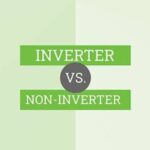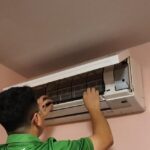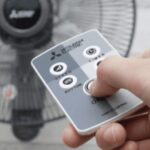There are two types of air conditioners currently available on the market: regular air conditioners and inverter air conditioners. Inverter air conditioners utilize variable-frequency drive technology, which allows the compressor to gradually build up speed instead of starting at full power, thus conserving energy.
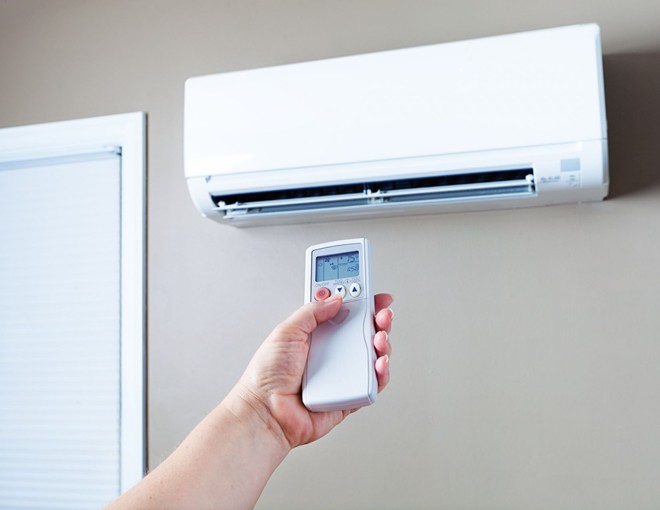
Unlike regular air conditioners that completely shut off, the compressor in an inverter air conditioner slows down and maintains a consistent temperature. As a result, inverter air conditioners don’t have to restart as frequently, leading to energy savings.
How Much Money Does an Inverter Air Conditioner Save Compared to a Regular Air Conditioner?
While it is commonly known that inverter air conditioners are more energy-efficient, the exact amount of savings is not widely understood. To address this question, experts have conducted experiments to quantify the difference in electricity consumption.
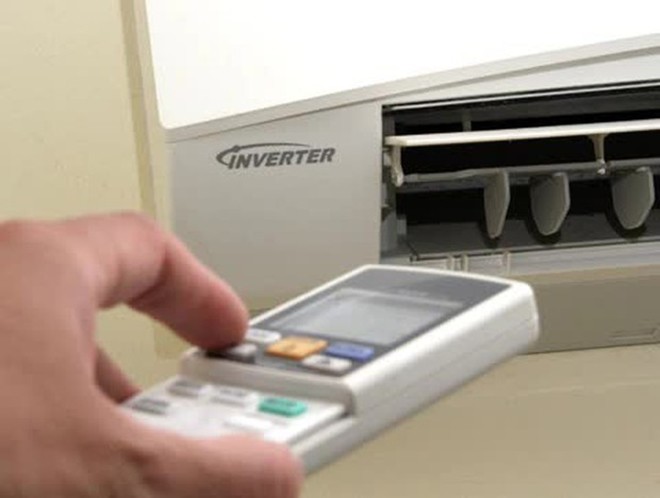
In 2019, a group of engineers in Saudi Arabia compared an inverter air conditioner and a regular air conditioner with the same cooling capacity of 18,000 BTU. The air conditioners were placed in two adjacent rooms of equal size (14.7 square meters) and occupied by the same number of people, ensuring similar external conditions that could affect electricity consumption.
The experiment spanned 108 days, from July 16 to October 31, during which the air conditioners were left running continuously.
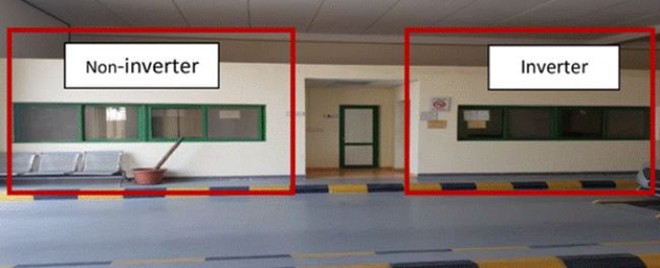
Results revealed that the inverter air conditioner consumed an average of 11.6 KWh per day, while the regular air conditioner consumed 20.8 KWh per day. This translates to a savings of approximately 9.2 KWh per day, or 44%, with the inverter air conditioner.
Based on Vietnam’s residential electricity rates, at the highest tier (6) of 3,151 VND per kWh, the inverter air conditioner would save users approximately 29,000 VND per day if used continuously.
Inverter air conditioners also produce significantly less CO2 emissions, reducing them by 49.4% compared to regular air conditioners.
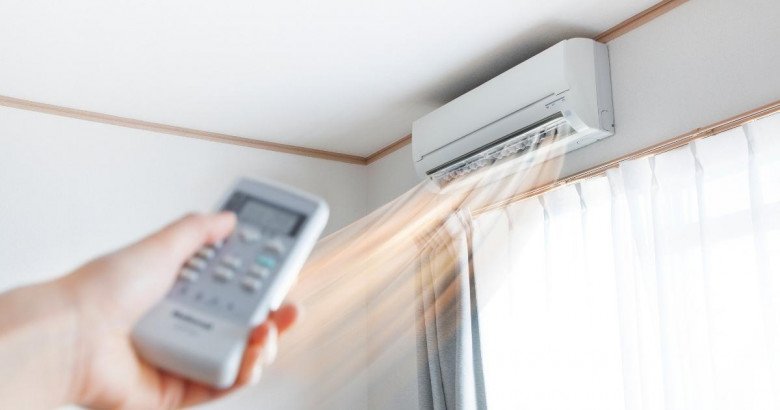
Tips for Energy-Efficient Air Conditioner Use During Summer
In addition to choosing an inverter air conditioner, it’s essential to use it efficiently to maximize energy savings. Here are some tips for energy-efficient air conditioner use during the summer:
– Match the air conditioner capacity to the room size. For rooms smaller than 15 square meters, opt for a 9,000 BTU unit; for rooms between 15 and 20 square meters, choose 12,000 BTU; for 20 to 30 square meters, go with 18,000 BTU; for 30 to 40 square meters, select 24,000 BTU; and for spaces larger than 40 square meters, consider a 36,000 BTU air conditioner.
– Set the temperature reasonably, maintaining a range of 24-28 degrees Celsius.
– Avoid frequently turning the air conditioner on and off.
– Don’t run the air conditioner 24 hours a day.
– Utilize the timer function at night or the Sleep mode.
– Turn off the air conditioner about 30 minutes before leaving the room.
– Ensure the room is properly sealed to prevent cold air from escaping.
– For rooms with glass doors or windows, consider installing curtains or blinds to block direct sunlight and reduce heat absorption.
– Minimize the use of heat-generating appliances in the air-conditioned room.
– Regularly clean and maintain the air conditioner.
























